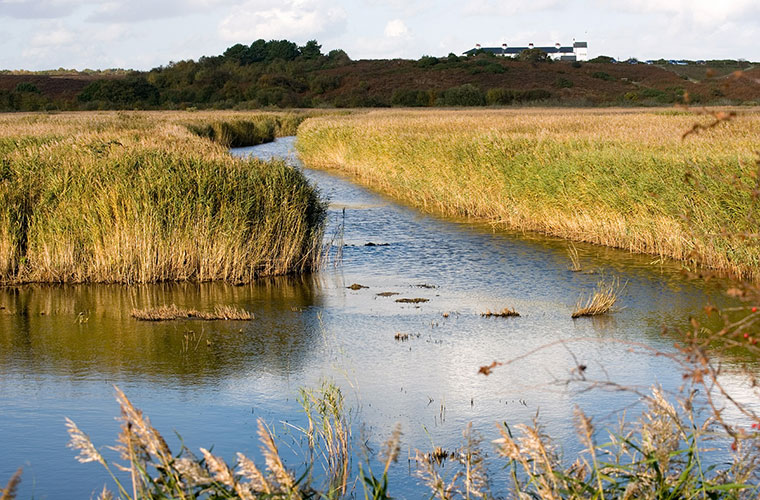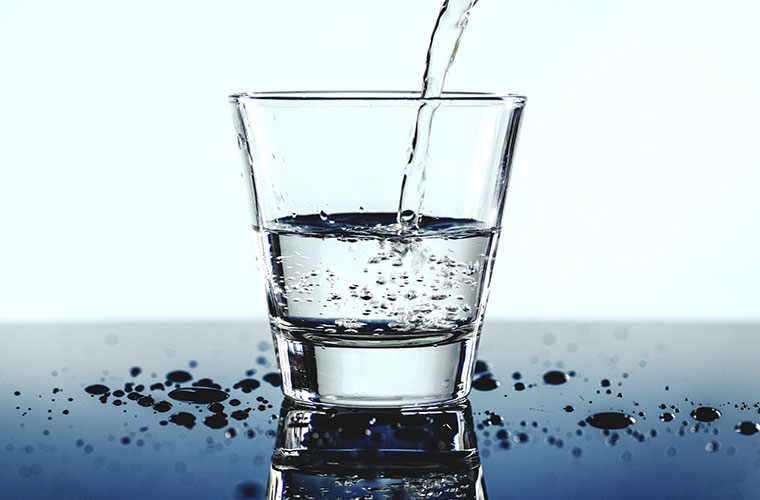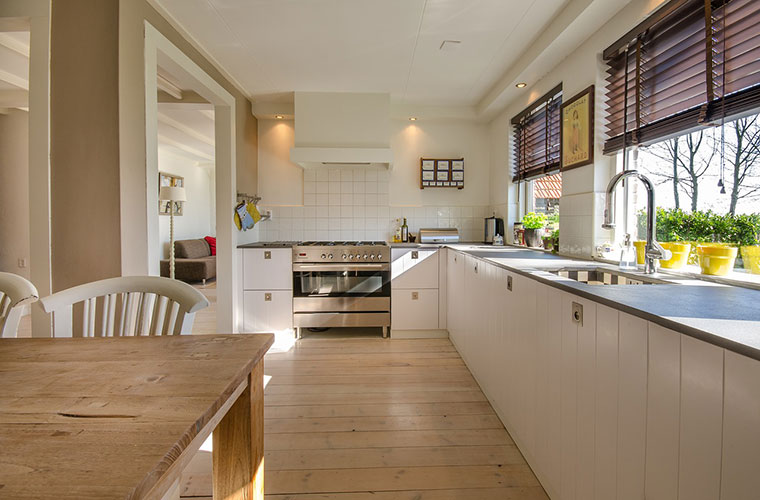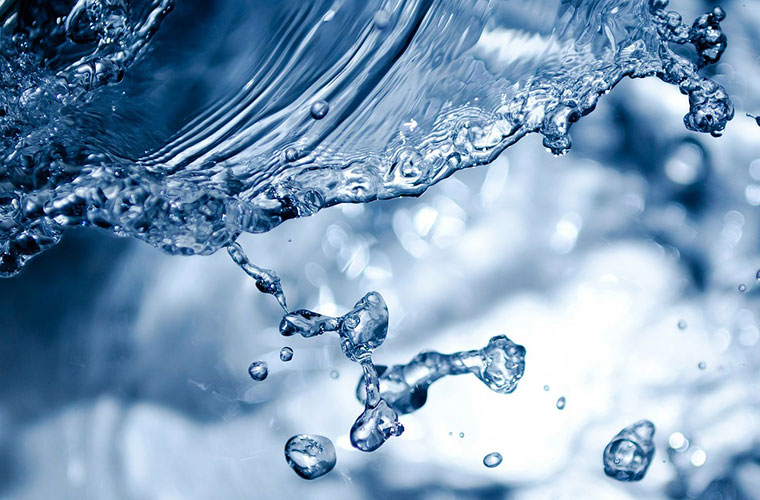The county of Suffolk has much to offer its residents and its unique mix of coast, countryside and pretty towns make it a desirable location for many people. However, one thing that anyone moving into or living in this area soon becomes aware of is that this picturesque county has a hidden drawback in the form of the renowned south east water hardness.
Most Suffolk locals recognise the signs of hard water such as discolouration on surfaces and a lack of suds from cleaning products but not everybody understands how to test water hardness. If you’re asking yourself the question, ‘Exactly how hard is my water?’ Read on, we have some helpful advice.
What are the causes of hard water?
Hard water occurs in certain areas of the UK and is particularly prevalent in south east counties such as Suffolk. This is because of the make up of the rocks in individual areas. If your local rock is limestone or chalk, you are likely to experience issues with hard water because these rocks leak significant quantities of minerals such as calcium and magnesium into water as it flows over and through them.

Suffolk has some of the youngest rock in Britain; its coastal chalk is between 70 and 100 million years old, was formed under the sea and, in west Suffolk, is on the surface. Whilst the minerals associated with hard water are not necessarily a major health issue, they can cause problems within the home or business. The signs of these are easy to spot but, if you want to find out how to test water hardness, you need to think about measuring the presence of these minerals.
Exactly how hard is my water?
If you live in Suffolk and are wondering how to test water hardness, the very first thing you should do is make a quick check visual check to find out if south east water hardness is affecting you. If you have scale in your kettle or iron, if you have ugly white marks around your taps, if you experience scum on your cup of tea or if you spot particles or flakes in your water, the chances are that you do have hard water and need to take the testing a bit further.
The hardness of water is measured in milligrams per litre (mg/l) (also known as parts per million or ppm) and in the UK we use a degree of General Hardness or Clark degree as a standard. South east water hardness can be as much as 24.4 degrees Clark whereas softer water such as that in the south west of England might only be 5.2 degrees Clark.

Water companies don’t soften water artificially at their treatment plants but they will be aware of local water hardness. Because south east water hardness is such an issue, Anglian Water provides a handy postcode search that will help you investigate this issue. This search will give you the parts per million for calcium carbonate and calcium as well as the degrees Clark for your specific local area.
What can I do about my hard water problem?
If you live in a hard water area such as Suffolk and are suffering some of the related south east water hardness issues, there are some simple steps you can take to alleviate these:
- Remove hard water stains by cleaning with white vinegar or lemon
- Reduce the temperature of hot water heaters and remember to flush them through
- Use a hard water stain removal product in your dishwasher to reduce hard water buildup on dishes and glasses
- Treat water-based appliances such as coffee machines by running white vinegar through all water-carrying parts
- Use a chelating shampoo, which will reduce damage to hair by increasing the solubility of hard water minerals
What are water softeners and purifiers?
Hard water home remedies do work but over time can become an irritation and a chore. If you want a water system that will deliver a hot bubbly bath, or a clean shiny kitchen whenever you want it, as well as protecting your pipes and appliances from damaging mineral build-ups, the only sensible solution to south east water hardness is to call in the experts and install a water softening system.

Water softening systems such as the Harvey water softener, can be plumbed directly into your water system so that they treat all water as it comes into your home. This treatment will remove damaging minerals such as magnesium and calcium, and will greatly improve your water quality.
Most water softeners use specialised salts to remove minerals from the tanks in which they have been collected following their removal from your water system. These salts need regular replacement and can be bought in block or tablet form. For a domestic situation where space is at a premium, a compact water softener such as the Nuwave MD160 water softener will fit under a sink and offer impressive benefits.
Can a water softener deal with south east water hardness?
Your home or business will have unique water hardness issues and water softening requirements, but the good news is that there is a water softener that will be right for you. Our experts at Hart Water will be only too pleased to discuss your needs and recommend exactly the right water softening system for you and your property.
We offer competitive pricing on a range of filters, taps and water softeners including installation, service and repair. For a no obligation chat and free quote please get in touch today on 01440 713095
- Water Softener Size Guide: How to Select the Perfect Fit for Your Home or Business - February 25, 2025
- Under Sink vs Whole House Water Filters: The Complete Homeowner’s Guide - November 27, 2024
- 7 Surprising Ways Water Softeners Transform Your Skin: Unveiling the Secret to Radiant Complexion - July 17, 2024

